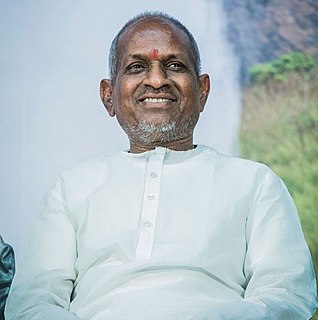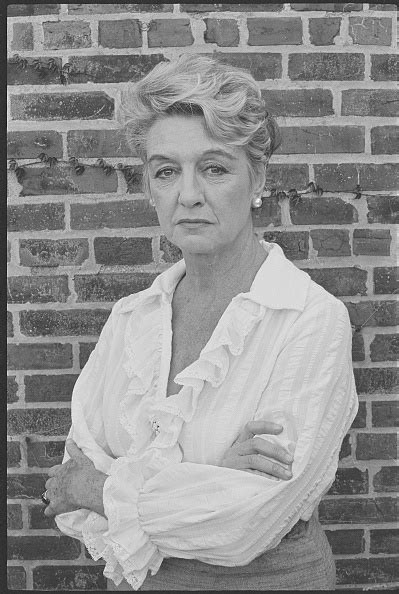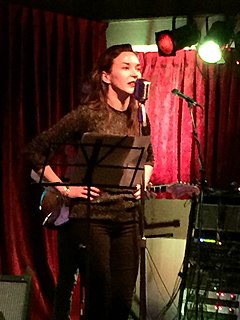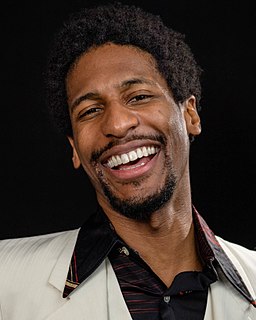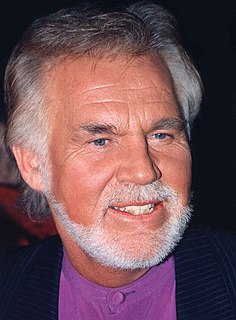A Quote by Wynton Marsalis
Music is always for the listener, but the first listener is always the musician
Related Quotes
Something I always tell students is, when you're writing something, you want to write the first draft and you want it to come out easily in the beginning. If you're afraid to say what you really have to say, you stammer. When you're thinking of your listener, that's when you start stuttering and it's just because you're nervous that your listener is passing judgment.
With the audience, I always say it's about giving the people an experience. And what the experience is about, it transcends just the music, and genre, and the venue. It's about the people coming together to share a profound and transformative moment. So that means the listener is actively engaged, and the listener is a part of the show, they're a part of the experience.



